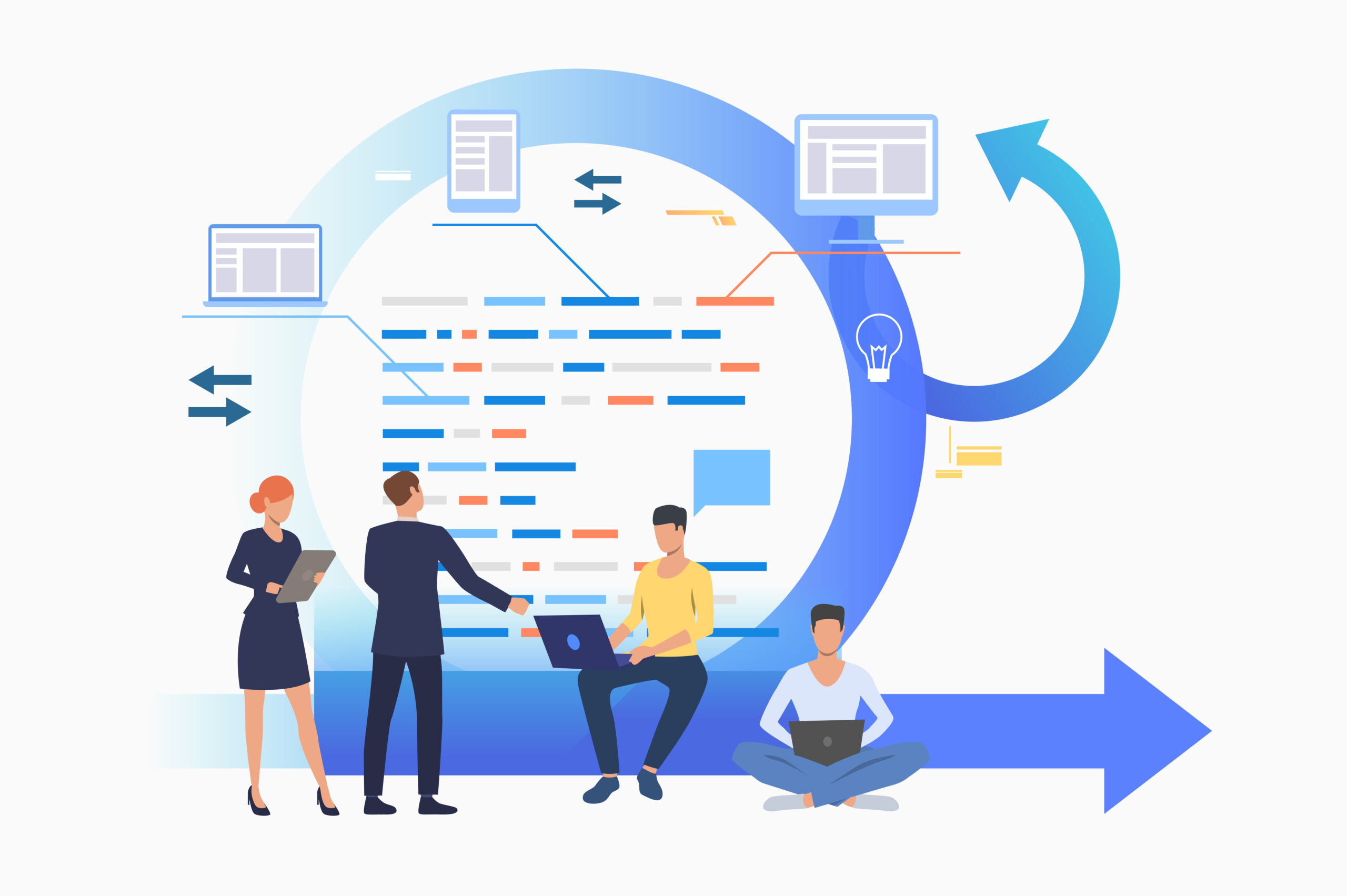Introduction
Artificial Intelligence (AI) and Machine Learning (ML) are revolutionizing various sectors, and Human Resource Management Systems (HRMS) are no exception. By integrating AI and ML into HRMS, organizations can significantly enhance HR processes, making them more efficient, accurate, and strategic. This blog thoroughly explores the transformative impact of these cutting-edge technologies on HRMS and the numerous benefits they bring to organizations across different industries.
1. Automating Recruitment Processes
AI and ML streamline recruitment by automating time-consuming tasks such as resume screening and candidate matching. These technologies can:
- Analyze Resumes: AI-powered tools can quickly sift through thousands of resumes, identifying the best candidates based on predefined criteria.
- Predict Candidate Success: ML algorithms can predict which candidates are likely to succeed in a role based on historical data and patterns.
- Enhance Candidate Experience: Chatbots can interact with candidates, answering their queries and providing updates, thus improving the overall experience.
2. Improving Employee Onboarding
AI and ML can make the onboarding process more efficient and personalized:
- Personalized Onboarding Plans: AI can create tailored onboarding plans based on the new hire’s role, experience, and learning style.
- Virtual Assistants: AI-driven virtual assistants can guide new employees through the onboarding process, ensuring they complete necessary paperwork and training modules.
3. Enhancing Employee Engagement and Retention
AI and ML play a crucial role in understanding and enhancing employee engagement:
- Sentiment Analysis: AI tools can analyze employee feedback, surveys, and social interactions to gauge sentiment and identify areas for improvement.
- Predicting Attrition: ML models can predict which employees are at risk of leaving, allowing HR to take proactive measures to retain top talent.
4. Optimizing Performance Management
Performance management is another area where AI and ML can make a significant impact:
- Continuous Feedback: AI-driven platforms can provide real-time feedback to employees, fostering a culture of continuous improvement.
- Objective Performance Reviews: ML algorithms can analyze performance data to provide unbiased, data-driven performance reviews.
5. Personalizing Learning and Development
AI and ML can help create personalized learning and development plans:
- Customized Learning Paths: AI can recommend training programs tailored to an employee’s role, skills, and career aspirations.
- Adaptive Learning: ML algorithms can adjust learning content based on the employee’s progress and learning style, ensuring maximum effectiveness.
6. Enhancing Workforce Planning
AI and ML enable more accurate and strategic workforce planning:
- Demand Forecasting: AI can predict future workforce needs based on business trends and historical data.
- Skill Gap Analysis: ML can identify current skill gaps within the organization and recommend strategies to address them.
7. Improving Data-Driven Decision Making
AI and ML provide HR professionals with powerful tools for data analysis and decision making:
- Predictive Analytics: AI-driven analytics can forecast trends and outcomes, helping HR make informed decisions.
- Automated Reporting: AI tools can generate detailed reports on various HR metrics, providing insights at a glance.
Conclusion
The integration of AI and ML into HRMS is transforming the way HR departments operate. By automating routine tasks, enhancing decision-making processes, and providing deeper insights into workforce dynamics, these technologies are enabling HR professionals to focus on more strategic initiatives. As AI and ML continue to evolve, their impact on HRMS will only grow, driving further efficiencies and innovations in human resource management. Organizations that embrace these technologies will be better positioned to attract, retain, and develop top talent in an increasingly competitive market.

